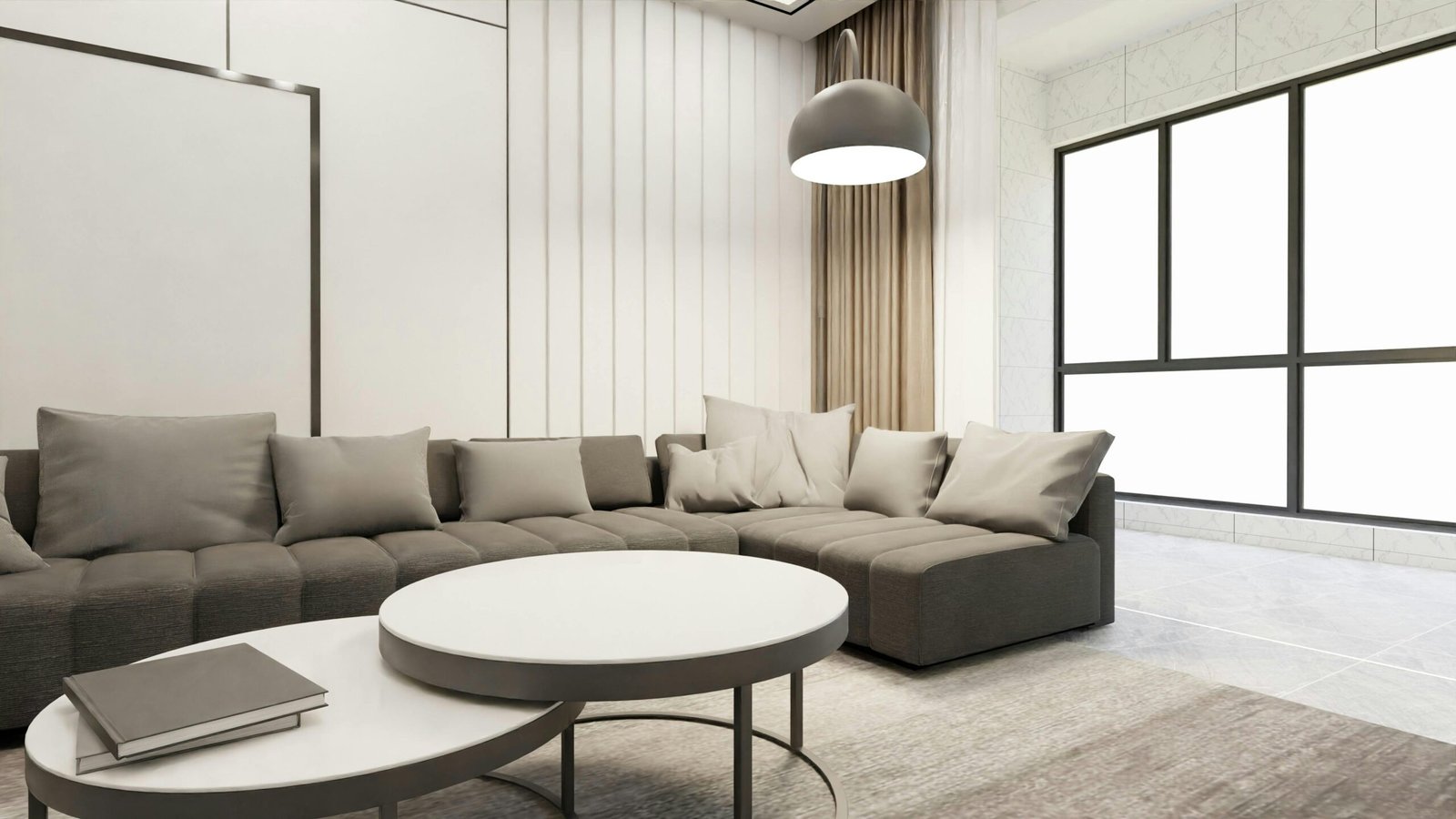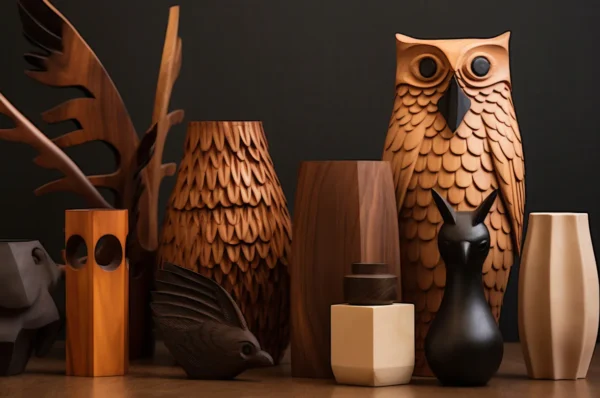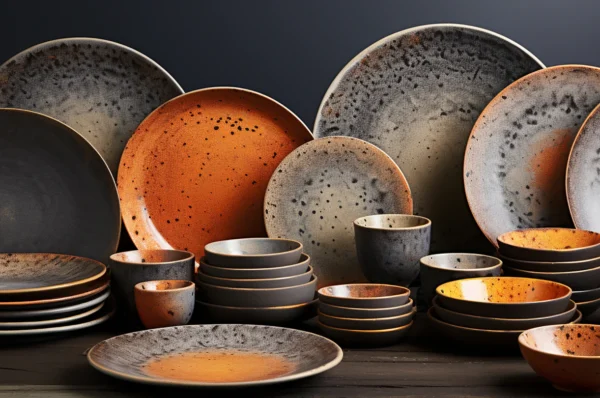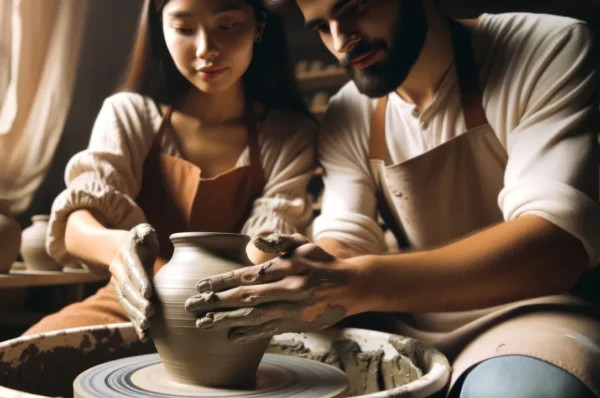
In a world that continually evolves, the realm of interior design stands as a reflection of contemporary culture and lifestyle. Modern furniture, with its sleek lines, minimalist aesthetics, and innovative designs, has become a hallmark of contemporary living spaces. In this blog, we embark on a journey through the fascinating realm of modern furniture, delving into its origins, evolution, and enduring appeal.
Origins of Modern Furniture
The roots of modern furniture can be traced back to the early 20th century, a period marked by significant cultural and technological advancements. Influenced by movements such as Bauhaus, Art Deco, and Modernism, designers sought to break free from the ornate styles of the past and embrace simplicity, functionality, and efficiency.
One of the pioneers of modern furniture design was the renowned architect and designer, Le Corbusier. His iconic creations, such as the LC2 armchair and the LC4 chaise lounge, epitomized the principles of modernism with their clean lines, geometric forms, and emphasis on comfort and functionality.
Evolution of Modern Furniture
As the 20th century progressed, modern furniture continued to evolve, reflecting changes in society, technology, and design aesthetics. The mid-century modern movement, which emerged in the post-war period, introduced new materials such as molded plywood, fiberglass, and plastic, giving rise to iconic pieces like the Eames Lounge Chair and the Tulip Table.
In the latter half of the 20th century, the modernist ethos underwent further refinement, giving birth to the minimalist movement. Influenced by Japanese design principles and the ethos of “less is more,” minimalist furniture embraced clean lines, neutral colors, and an emphasis on space and light. Designers such as Mies van der Rohe, Marcel Breuer, and Dieter Rams became synonymous with this aesthetic, producing timeless pieces that continue to inspire contemporary design trends.
Enduring Appeal of Modern Furniture
Despite the passage of time, modern furniture remains as relevant and influential as ever. Its timeless appeal lies in its ability to seamlessly blend form and function, offering both aesthetic pleasure and practical utility. Whether it’s the iconic silhouette of an Eames chair or the understated elegance of a Scandinavian-inspired sofa, modern furniture has an inherent versatility that allows it to complement a wide range of interior styles and preferences.
Moreover, modern furniture embodies the spirit of innovation and experimentation, constantly pushing the boundaries of design and craftsmanship. From modular sofas that adapt to changing spatial needs to sustainable materials that prioritize environmental responsibility, contemporary designers continue to redefine what it means to create furniture for the modern age.
Beyond its aesthetic and functional qualities, modern furniture also carries a cultural significance, serving as a reflection of societal values and aspirations. In an era defined by rapid urbanization, shrinking living spaces, and an increasing emphasis on sustainability, modern furniture offers solutions that are both pragmatic and aspirational. By embracing simplicity, efficiency, and longevity, it encourages us to live more consciously and intentionally in the spaces we inhabit.
The allure of modern furniture extends beyond its aesthetic and functional qualities; it also fosters a sense of connection to the broader cultural landscape. Through its design language, modern furniture often reflects the spirit of the times, encapsulating prevailing attitudes, values, and aspirations. For instance, the rise of digital technology and the shift towards remote work have influenced the design of furniture, giving rise to innovations such as ergonomic office chairs and multifunctional workstations. In this way, modern furniture serves as a tangible expression of contemporary lifestyles, adapting to meet the evolving needs of individuals and societies.
Furthermore, modern furniture has played a pivotal role in democratizing design, making high-quality, thoughtfully crafted pieces accessible to a wider audience. The advent of mass production techniques and the proliferation of design-forward brands have democratized access to modern furniture, allowing homeowners, renters, and design enthusiasts alike to incorporate contemporary elements into their living spaces. This democratization of design has not only expanded the reach of modern furniture but has also fostered a greater appreciation for craftsmanship, authenticity, and thoughtful design solutions.
In addition to its aesthetic and functional considerations, modern furniture also embodies a deeper ethos of sustainability and environmental responsibility. As concerns about climate change and resource depletion mount, designers and manufacturers are increasingly turning to eco-friendly materials, production processes, and recycling initiatives to minimize their ecological footprint. From reclaimed wood furniture to recyclable plastics and low-emission finishes, modern furniture offers solutions that prioritize sustainability without compromising on style or quality. By embracing sustainable practices, modern furniture not only reduces its impact on the environment but also sets a precedent for a more conscientious approach to design and consumption.
Ultimately, modern furniture transcends its status as mere objects of utility; it becomes symbols of progress, innovation, and human ingenuity. Whether it’s the iconic designs of the mid-century modern era or the cutting-edge creations of contemporary designers, modern furniture continues to inspire, delight, and enrich our lives. As we navigate the complexities of the modern world, it serves as a source of comfort, beauty, and inspiration, reminding us of the transformative power of design to shape our environments and elevate our everyday experiences.
modern furniture stands as a testament to the enduring power of design to shape our environment and enrich our lives. From its humble origins in the early 20th century to its continued relevance in the 21st century, it has remained a symbol of progress, innovation, and creativity. As we navigate an ever-changing world, modern furniture serves as a beacon of inspiration, reminding us to embrace simplicity, functionality, and beauty in all aspects of our lives.
Follow us for more @luxeiture – Read more blogs



